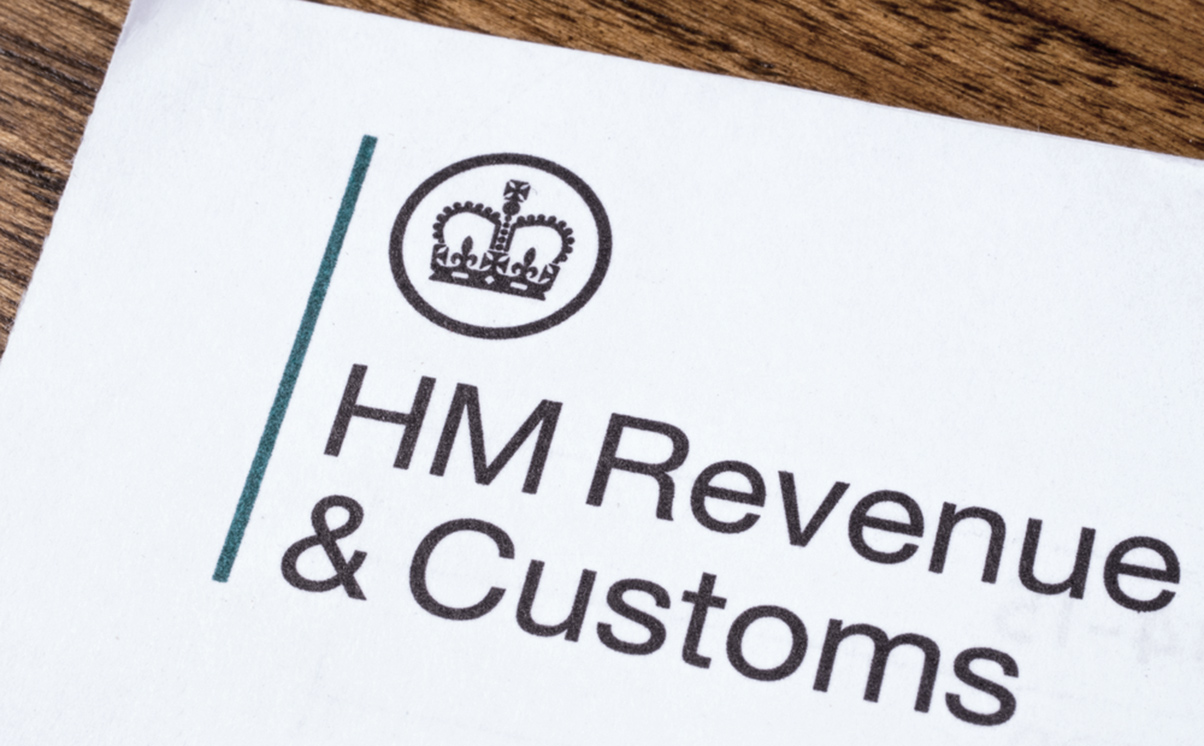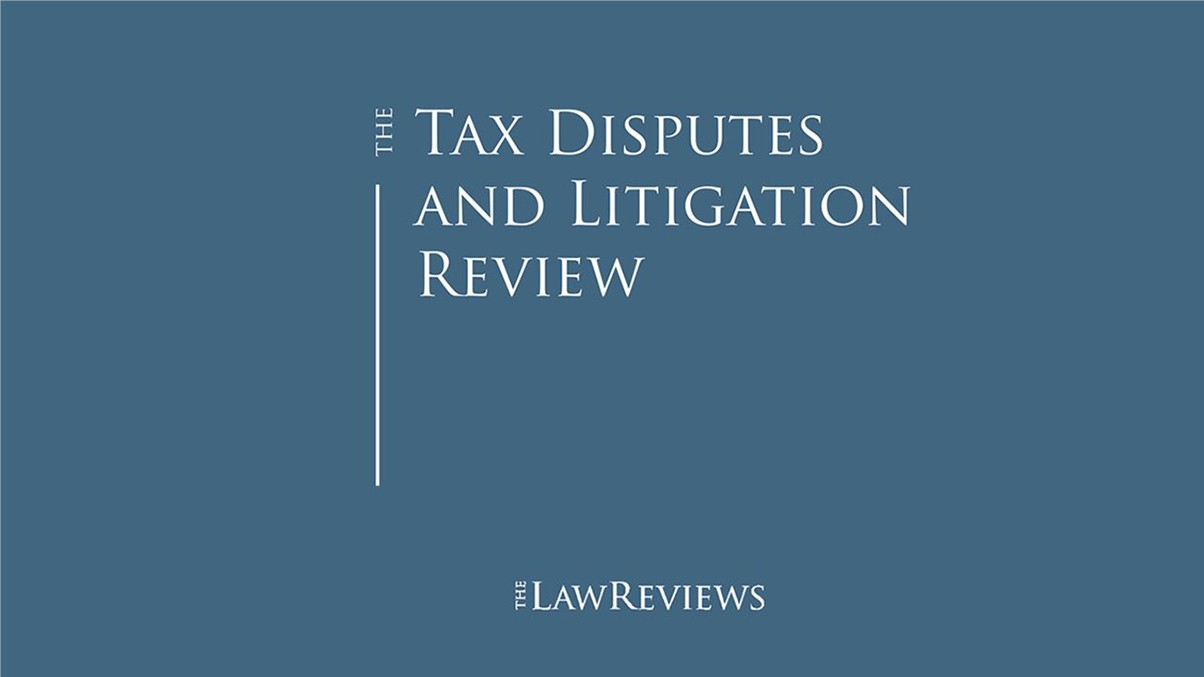Lee Ellis, Victor Cramer, David Pickstone and Cristiana Bulbuc have drafted the United Kingdom chapter of the Ninth Edition of the Tax Disputes and Litigation Review, recently published by The Law Reviews. The book gives information on tax disputes across 22 jurisdictions.
Below is the section of the chapter on the courts and tribunals in UK tax disputes. The introduction can be found here.
The courts and tribunals
A taxpayer has a right of appeal against:
- an amendment of a self-assessment by HMRC;
- conclusion stated or amendment made by closure notice;
- an amendment of a partnership return;
- an assessment that is not a self-assessment (such as a discovery assessment).
However, before looking at appeals to the Tax Tribunal, it may be appropriate to first consider requests for a review by an independent HMRC officer.
Independent review
Even where there is a right of appeal, HMRC may offer or the taxpayer may request an independent review of the decision. HMRC is obliged to offer a review of decisions which relate to VAT. There is no formal obligation on HMRC to offer review in direct tax cases, but they often do so. This only arises after the taxpayer have notified HMRC of their appeal. The taxpayer has 30 days to accept HMRC’s offer of a review (Section 49C, TMA 1970) or, if they do not wish to accept the offer of a review, to notify the appeal to the Tax Tribunal (Section 49H, TMA 1970).
If the taxpayer elects for a review, then an independent officer will carry out the review. If the taxpayer accepts HMRC’s offer (or elects for a review to be conducted), the taxpayer’s right to appeal to the tribunal is suspended while the review takes place. HMRC has 45 days to complete the internal review and notify the taxpayer of its conclusions. The review period can be extended by agreement (Section 49E(6), TMA 1970). The conclusion of a review can be appealed to the Tax Tribunal within 30 days of the date of completion of the review (Section 49G, TMA 1970). Although there is a provision in the Tax Tribunal rules for appeals to be made late, this requires the Tribunal’s permission, and the Tribunal will assess the reason for and length of the delay before deciding whether or not to grant permission. In the absence of a review or appeal to the Tribunal, the matter will be deemed settled in HMRC’s favour (Sections 49C and 49F, TMA 1970).
Courts and tribunals
The First-Tier Tribunal is the first-instance tribunal for most jurisdictions; the majority of appeals commence in this tier. The tribunal system is organised into specialist divisions or ‘chambers’. Judges can sit alone, or with up to two other judges. The typical panel comprises a chairperson and a panel member. Panel members will not necessarily be lawyers but do usually hold one or more tax qualifications. The losing party may appeal decisions of the First-Tier Tribunal to the Tax and Chancery Chamber of the Upper Tribunal; however, permission is required and appeals are limited to matters of law. It is possible for ‘complex’ cases to go straight to the Upper Tribunal, in practice this rarely occurs. The Upper Tribunal can also hear judicial reviews of the tax functions of HMRC (Section 15, Tribunals, Courts and Enforcement Act (TCEA) 2007).
Upper Tribunal panels follow a similar format, with between one and three judges, although at least one must also be a judge of the Chancery Division of the High Court.
Appeals from the Upper Tribunal are to the Court of Appeal (which sits as three judges), then to the Supreme Court. Appeals to the Supreme Court can only be made with permission and (except in very rare cases) only on questions of law. The Supreme Court will only hear cases of general public importance. A case could take three or four years to progress through all tiers of the tribunal and appeal system, though most cases will not reach the higher appellate courts. Some cases have taken much longer, particularly those involving references to the CJEU (although it should be noted that references to the CJEU are unlikely to be possible from the UK after December 2020).
Certain types of claims, such as claims concerning public law matters (Judicial Review), must be started in the High Court (either in the Chancery Division or the Administrative Court), rather than via the tribunal system (although they may subsequently be transferred to the Upper Tribunal). Judicial review cases tend to be completed more quickly. Appeals from the High Court lie by permission to the Court of Appeal and then the Supreme Court.
The full UK chapter of the Tax Disputes and Litigation Review Ninth Edition, can be accessed here.
The Tax Disputes and Litigation Review Ninth Edition, can be accessed in full here.
Reproduced with permission from Law Business Research Ltd
This article was first published in March 2021
For further information please contact Nick Barette
© 2021
You can find further information regarding our expertise, experience and team on our Tax Litigation and Investigations pages.
If you require assistance from our team, please contact us or request a call back from one of our lawyers by submitting this form.
Subscribe – In order to receive our news straight to your inbox, subscribe here. Our newsletters are sent no more than once a month.





